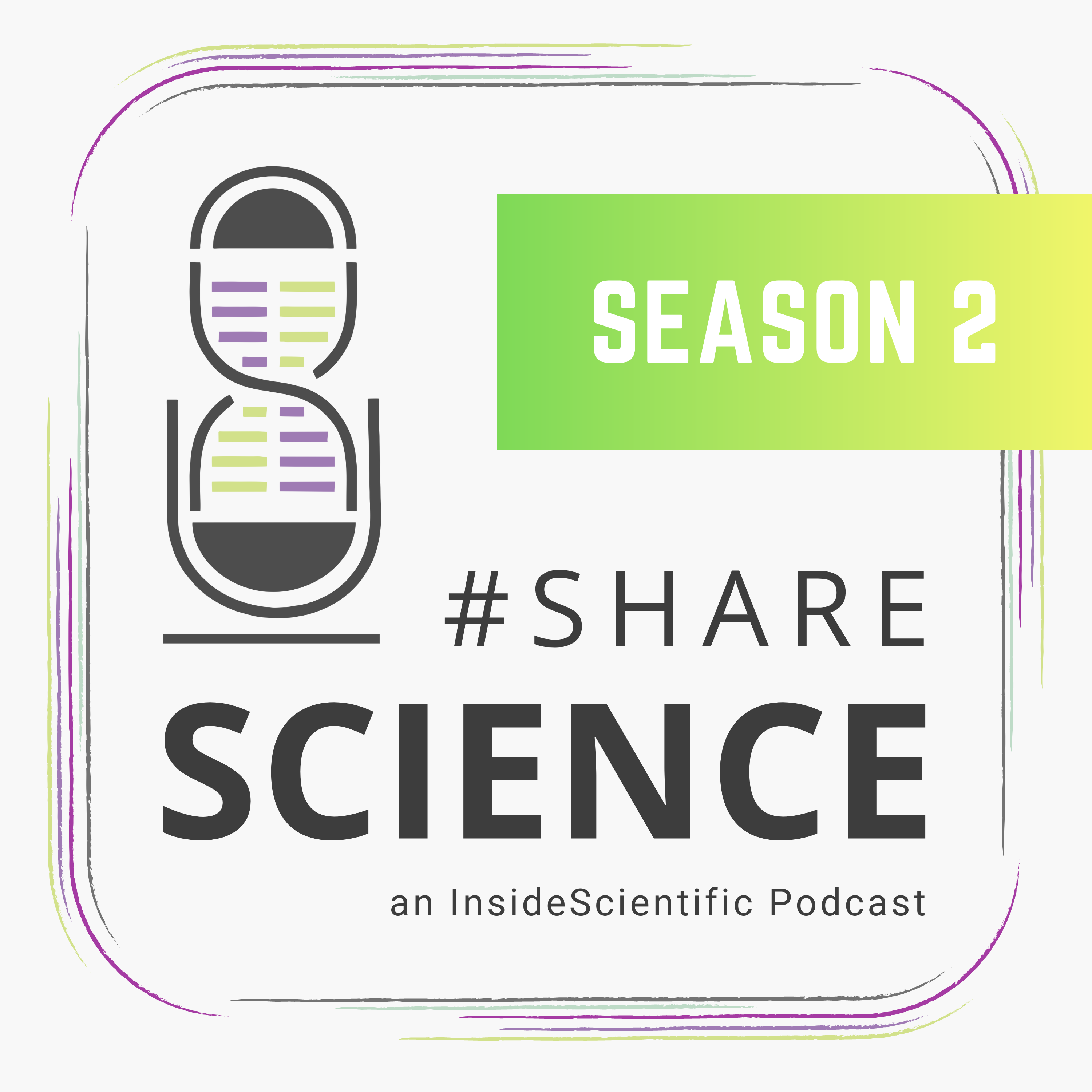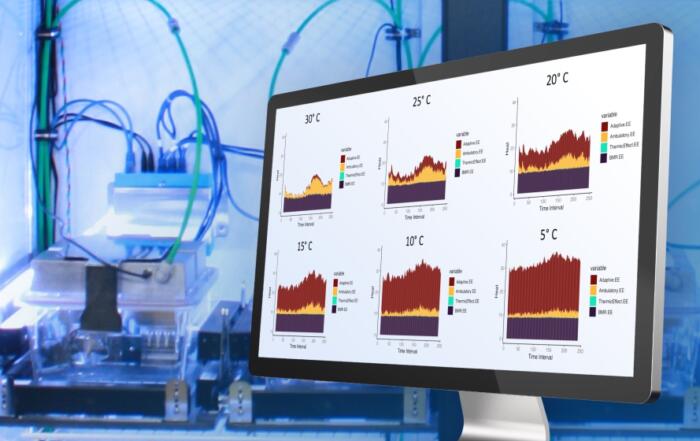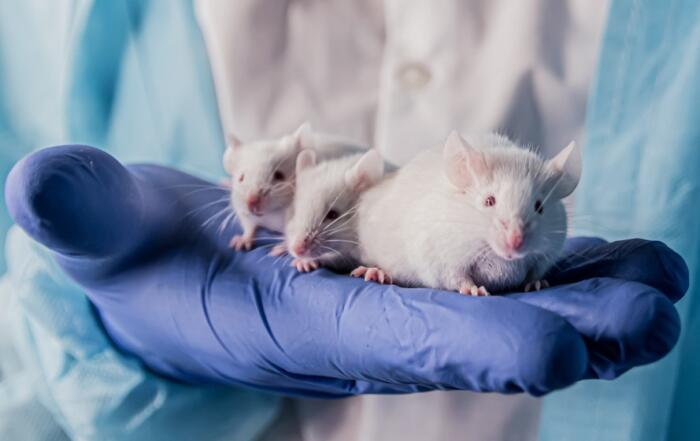
Airdate: Wednesday, February 15, 2023 Season: 2 Episode: 3
Guest: Martin Young
On this episode of #ShareScience, we spoke with Martin Young, DPhil, Professor of Medicine at the University of Alabama at Birmingham.
His research focuses on understanding how time-of-day (circadian rhythms) and nutrition influence cardiometabolic and cardiovascular health. Martin explains briefly how our diet timing make a difference in our health and alter the pathogenesis of cardiometabolic disease. Martin also shares his career path, background, and the influence and guidance he has received from through generations of scientific mentorship.
Read the full blog here.
Similar Podcasts
#ExpertAnswers: Dudley Lamming on the Influence of Sex and Genetic Background on Diet
Dudley Lamming, PhD, explains that “We Are More Than What We Eat”; Sex and Genetic background are important factors in observing responses to diet in mice.
#ExpertAnswers: Dennis Turner on the Metabolics of Dementia
Dennis Turner delves into dementia syndrome, the metabolic changes that occur, and the importance of proper physiological monitoring of animal models.
#ExpertAnswers: Jonathan Brestoff on Energy Expenditure
Jonathan Brestoff explains how energy expenditure can be better described thanks to a new bioinformatic algorithm known as Clambake.
Related Content
Clambake: An Algorithm to Decode Energy Expenditure Data from Metabolic Cages
In this webinar, Dr. Jonathan Brestoff discusses his research on metabolism and a new method to quantify metabolic data known as Clambake.
More Than What You Eat: The Regulation of Metabolic Health and Aging by Diet Composition and Activity
Join Dudley Lamming, PhD to learn how the specific composition of dietary protein and exercise influence metabolic health and aging.
Control of Muscle Glucose Uptake in vivo: Thinking Outside the Myocyte
In this webinar, David Wasserman, PhD provides a more complete understanding of muscle glucose uptake through consideration of the integration of physiological systems that control this process.










